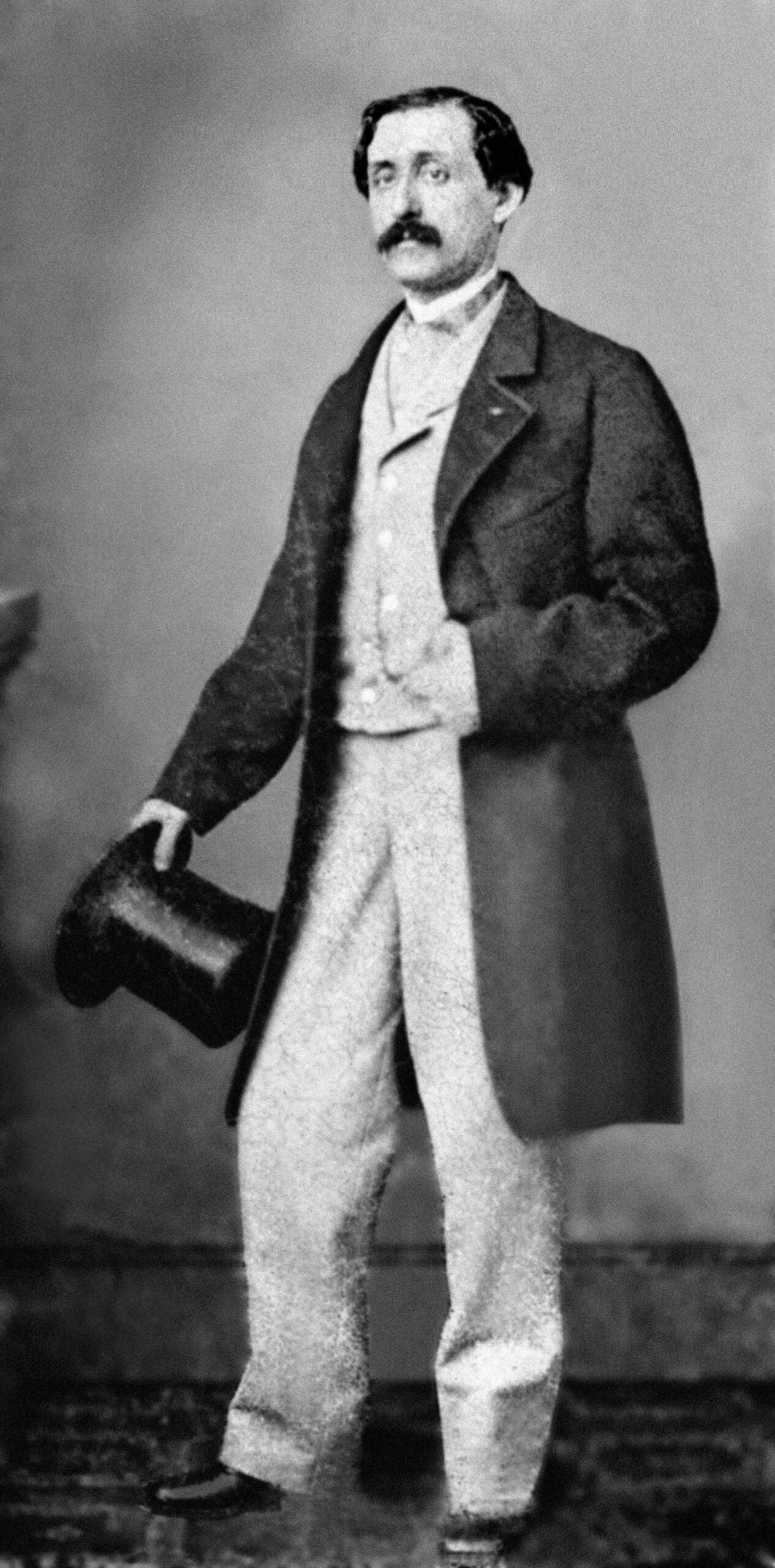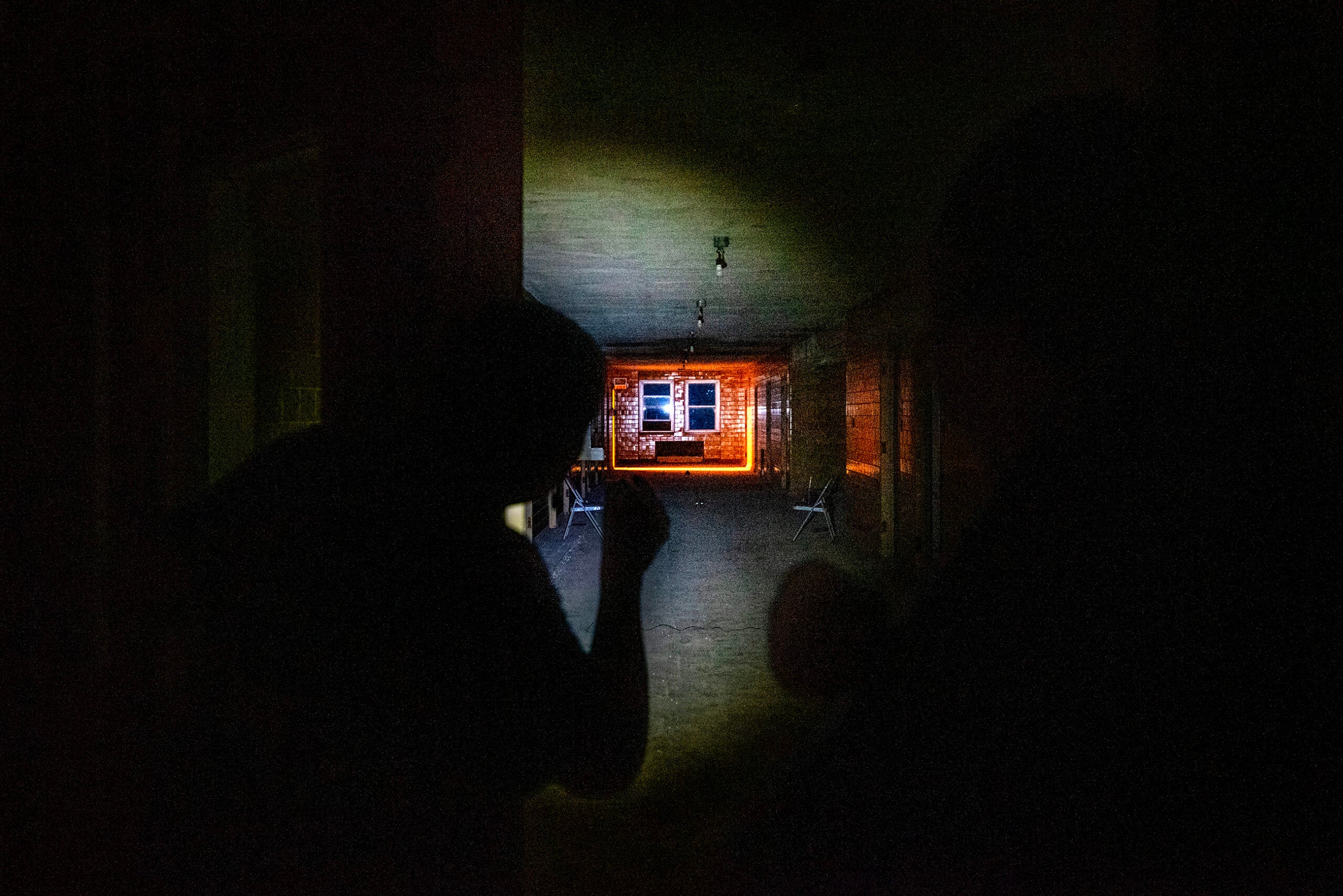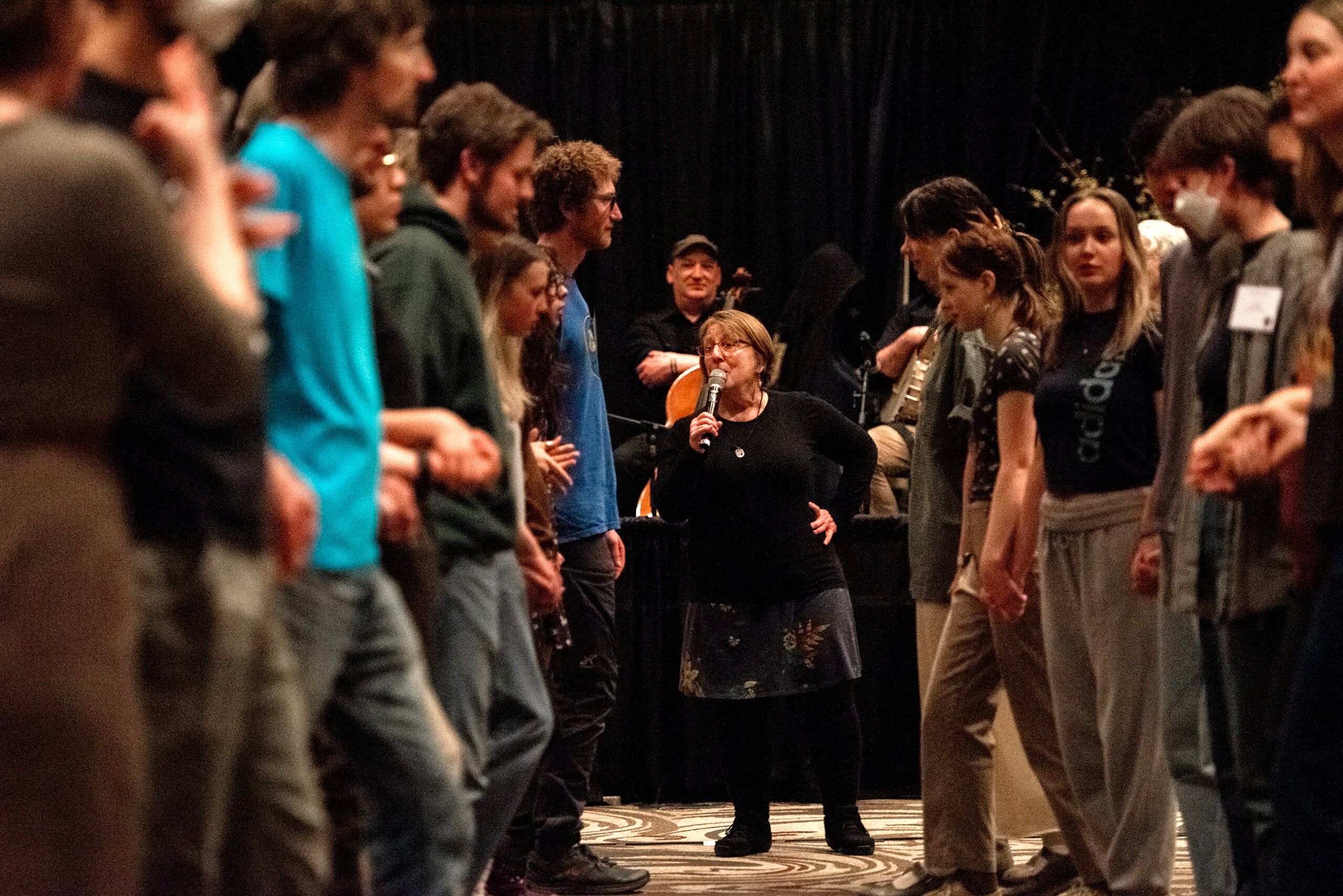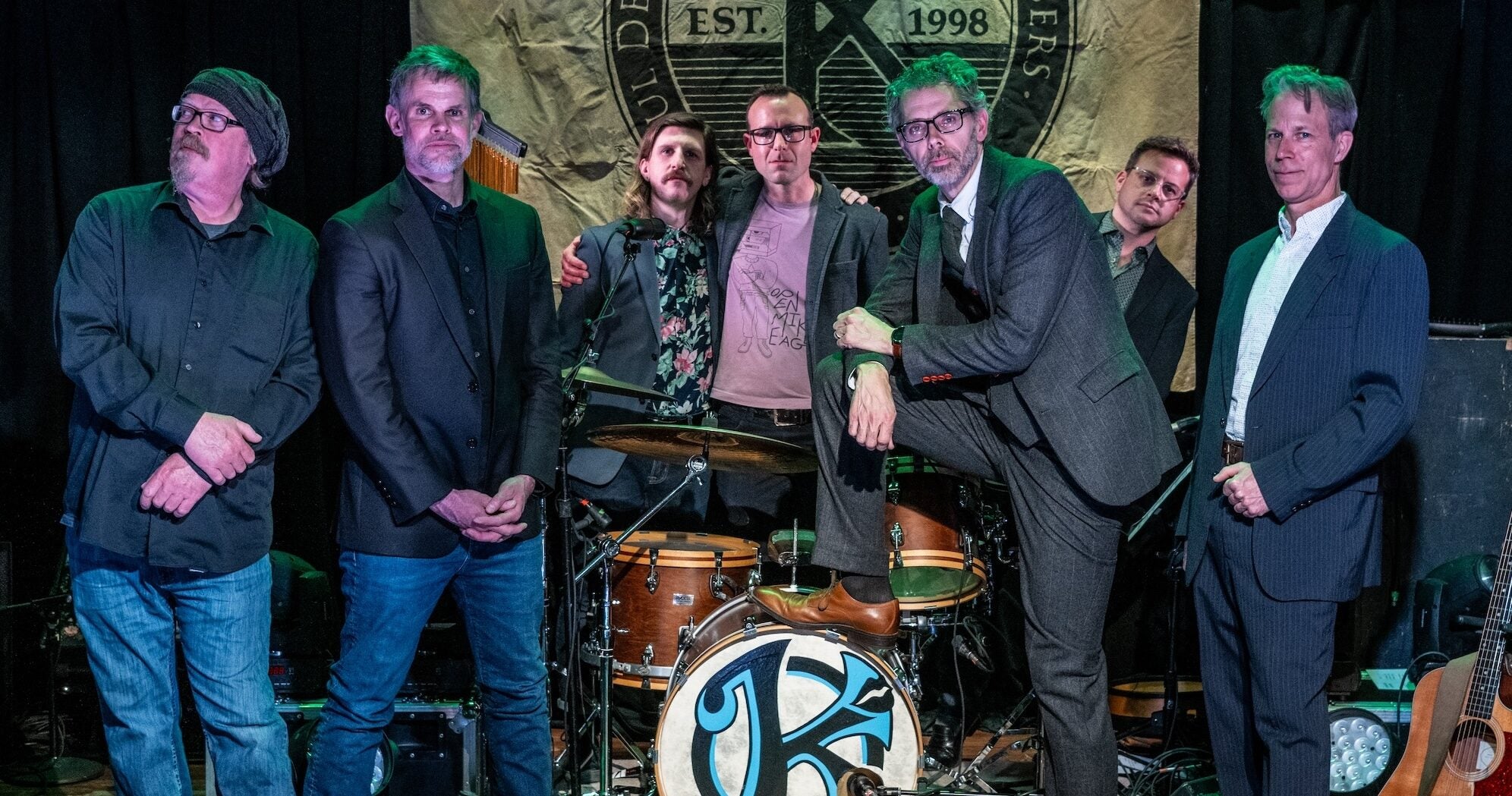On March 21st, 1864–in the thick of the Civil War–New Orleans-born composer Louis Moreau Gottschalk was in the middle of a concert tour of the northern and western states. Although he was a southerner, he was loyal to the Union cause. But he wasn’t impressed with many of the men who fought for it. In his journal Notes of a Pianist, he wrote:
“En route to Baltimore. Our car is filled with very noisy soldiers who sing songs and smell of the eternal whiskey. At first we ignore them but they become increasingly disagreeable. One starts smoking, then a second, and a third imitates him. We ask them please to abstain from it for the sake of Madame Variani and a young lady accompanying her who find the smoke disagreeable. They waste no time informing me with a torrent of epithets taken from the rogue’s dictionary that we are no gentlemen, that these are no ladies, that as soldiers they have the right to do as they please, and that they would prove it to us.
“After this lecture–remarkable more for its vulgarity than its logic–all the soldiers in the car started whistling, screaming, and howling like Chinese or like savages when they wish to show their irrepressible courage. An officer there wisely declined to interfere–the whiskey bottle that had been going around the awful circle of our “heroes” had made many stops at his lips–and it was clear that an officer would be unwelcome to reclaim an authority which had drowned in a flood of spirits.
“We will do whatever we please. The words ring in my ears. I admit that I was choked with anger–a disagreeable anger because it had to be silent, like right before brute force. To have to sit by quietly when you know you are right is the hardest thing in the world; and I experienced it at that moment.”
News with a little more humanity
WPR’s “Wisconsin Today” newsletter keeps you connected to the state you love without feeling overwhelmed. No paywall. No agenda. No corporate filter.
Wisconsin Public Radio, © Copyright 2026, Board of Regents of the University of Wisconsin System and Wisconsin Educational Communications Board.




